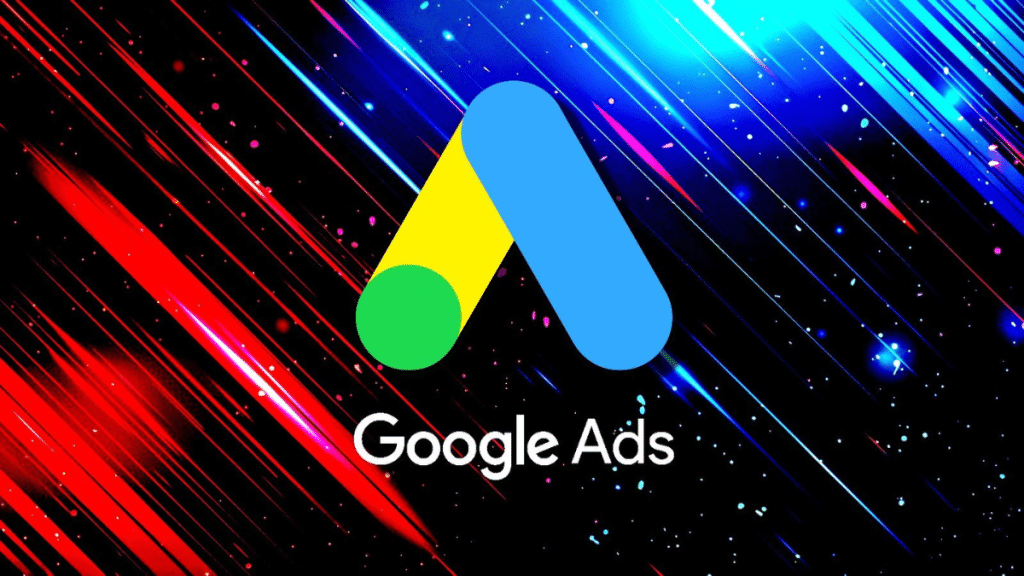One of the challenges to success in paid advertising isn’t budget mismanagement or poor visuals, but engaging in policy violations. Google ads misrepresentation policy states that some ad campaigns may be unexpectedly suspended if they contain misleading or inconsistent information. Advertisers and businesses offering paid media and merchandising services on Google must establish compliance workflows that align with Google’s misrepresentation policy. Here are a few key insights into the silent killer of Google Ads campaigns, focusing on misrepresentation violations and their implications:
Identifying Misrepresentation Triggers
Misrepresentation is flagged by Google when there is an advertisement mismatch with the destination content or feed information. These may include differences in price, unavailable offers, the lack of a definite business identity, or hidden fees. Such mismatches may trigger Merchant Center suspensions, even when the ad material is seemingly acceptable. Campaign managers are responsible for checking the consistency and transparency of ad text, landing page materials, and feeds. Including required policy pages, such as shipping, returns, privacy, and contact, is also helpful for maintaining compliance. Constant content verification can also minimize the likelihood of enforcement action and facilitate the smooth operation of ads.
Aligning Landing Pages
Accurate configuration of product feeds helps prevent misrepresentation alerts. Attributes such as price, availability, and description need to match what users see on landing pages. To enhance adherence to Google ads misrepresentation policy, Merchant Center typically detects misaligned data during feed processing or manual review. Agencies can set regular feed audits to identify discrepancies using Google tools. When coupled with landing page checks, these actions enhance complete alignment across marketing channels. Consistency in structured data also allows proper ad serving and user satisfaction.
Verifying Pre-campaign Compliance
Intense onboarding processes can help avert misrepresentation issues before launching campaigns. Vetting new clients requires initiating a paperwork audit of website policy visibility, pricing precision, business contact details, and ad claims. Product feed checks should make sure that the information in the descriptions and model numbers is reflected on the landing pages. Only when these compliance checks are passed should the campaign-ready content be approved for use. Official audit documentation helps demonstrate diligence in the event of a necessary policy review. This is a proactive measure that can reduce the chances of campaign suspension after launching.
Managing Flagged Violations
If there are issues with misrepresentation, the first step should be locating the discrepancy referenced in the Merchant Center notice. Relevant amendments may include clarifying fragmented feed data, policy information, or establishing a visible business identity on-site. Upon making updates, the agencies are then expected to present a review request containing documented proof, such as screenshots or links. Maintaining a log of changes made helps during follow-ups and further tracking compliance. Appeals founded on specific corrective measures may have a better chance of reinstatement.
Monitoring Ongoing Campaigns
The process of compliance is ongoing. Agencies are responsible for tracking price adjustments, providing updates and product availability information, and updating feeds and advertising content. Implementing automated controls or conducting manual reviews can help identify changes that may lead to non-compliance. Where promotions end, or there is a variation of products, creative language may require modification. Timely updates can help eliminate policy flaws that may occur after the campaign launch. Keeping the campaign assets aligned with site or feed content minimizes the risk of creating sudden upheavals.
Get Help With Google Ads Misrepresentation Policy
To prevent cases of misrepresentation, you should understand how Google assesses content and use open practices throughout the advertising process. Launching your campaigns requires regularly monitoring the Google Ads policy. To gain an understanding of misrepresentation violations, consult competent ad management experts today.
